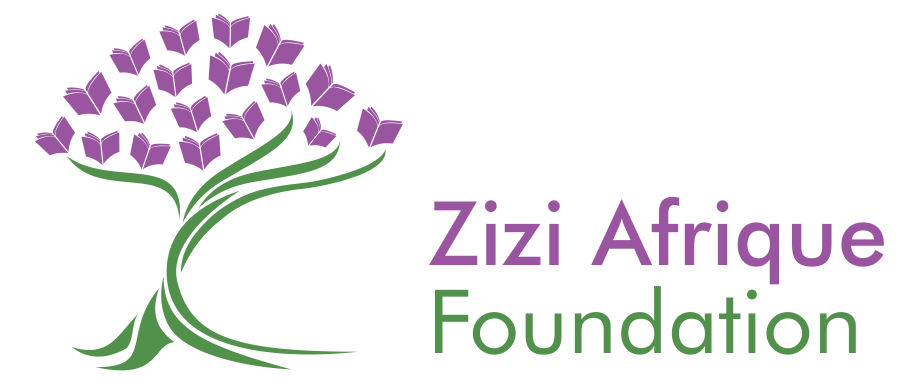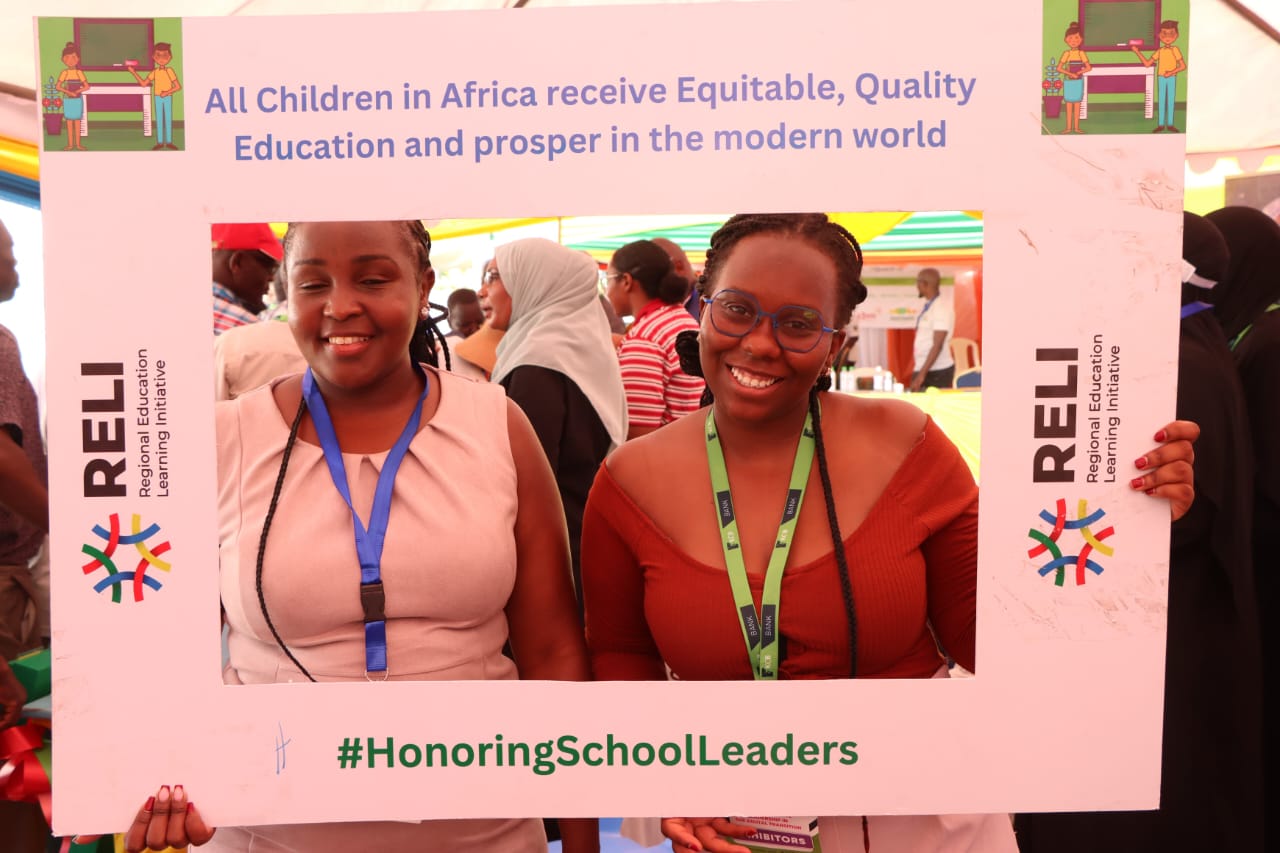One thing about Gen Z is that we love celebrating every little win, and when it comes to surviving an intense semester (which honestly felt like a marathon with no breaks), we deserve to go all out! So, as soon as we handed in our last exam paper, the only thing on our mind was VACATION. And where better to unwind than the beautiful Kenyan coast? With its pristine beaches, amazing Swahili food, and chilled-out vibes, it was the perfect escape.
The plan? Catch the 10 p.m. Standard Gauge Railway (SGR) train, because waiting even a day longer to dip our toes in the ocean was simply not an option. As we scrambled to the station—luggage in one hand, snacks in the other—the excitement was real. The train journey was smooth, and before we knew it, we had arrived at our destination, hearts racing with anticipation for our adventure.
Excitement Turns to Shock
We had booked this cute little Airbnb near the beach, and after arriving at 3 a.m., exhausted but pumped, we grabbed a cab to check in. Cue IN the plot twist: the moment we stepped inside, we were hit with a stench so bad it was like the room had never seen fresh air. The place looked NOTHING like the pictures online! You know those Instagram vs. reality memes? Yes, that was us, but not in a funny way.
Our excitement tanked, but we were determined to make the most of our trip. We had a 6 a.m. pick-up for a day tour, so there was not much time to dwell on the disaster. After a quick freshen-up session (with some serious nose-holding involved), we rushed out to meet our tour guide.
The Day That Turned It All Around
And what a day it was! Boat rides under the blazing sun, swimming with dolphins (yes, actual dolphins!), snorkeling in crystal-clear waters, and indulging in the freshest seafood you could imagine—all on a dreamy island. It was everything we needed to forget about that Airbnb nightmare. We laughed, we splashed, we soaked in the beauty of the coast.
But then reality hit. There was no way we were going back to that sketchy Airbnb. We could not stomach another night there, and honestly, after such an epic day, we deserved better. We hopped online to search for a better option. Spoiler alert: things did not go as planned.
The Airbnb Fiasco Continues
Before moving to the new place, we had to return to the old one to pack our things and—ideally—get a refund for the remaining two nights we had paid for. But, of course, nothing in this saga was going to be easy. When we got back, we were hit with another shock: someone had gone through our stuff! The door had been opened while we were away, and honestly, we were terrified.
Long story short, the hosts refused to refund us, and to top it off, the new Airbnb was also another case of false advertising. The pictures? A complete catfish. At this point, we were drained, annoyed, and disappointed. How could people be so dishonest? It was not just about the money—it was about our experience, our long-awaited trip, and the trust we had put in people.
A Lesson Learned
This trip made me think about Kenya and the values we hold. When did honesty and integrity take a back seat? We have got so much potential, from our beautiful landscapes to our rich culture, but it is the little things—like honesty and fairness—that make all the difference in people’s experiences. If we want to make Kenya great, we need to get back to those values. Because at the end of the day, it’s not just about pretty pictures or fancy ads. It’s about being real, being honest, and respecting each other’s journeys.
This made me also reflect deeply on the work that we do as Zizi Afrique Foundation. Through our ALiVE project, we are dedicated to fostering a society rooted in strong values and essential life skills. To achieve this, we have partnered with Teacher Educators from Eregi and Machakos Teachers Training Colleges (TTCs) to support these educators to integrate core competencies into their teaching practices. To achieve this, we have held a joint training session where we identified the key values and life skills to focus on and developed tailored plans for each type of school—informal, formal, and non-formal. Following this, we conducted individual training sessions at each college, focusing on defining and unpacking core competencies such as problem-solving, collaboration, and respect. The educators have since been actively incorporating these competencies into their teaching.
Additionally, we trained the educators on task development using curriculum content to assess these core competencies. This approach has transformed their teaching methodologies, enabling teacher trainees to effectively integrate these competencies into their pedagogy. As a result, they model these values and skills which will positively impact their pupils when they go to class.
Over time, this initiative will cultivate a generation imbued with strong values, ultimately reducing societal frustrations and fostering a more harmonious future. Where I can comfortably book an Airbnb and not be frustrated that the pictures are false.

